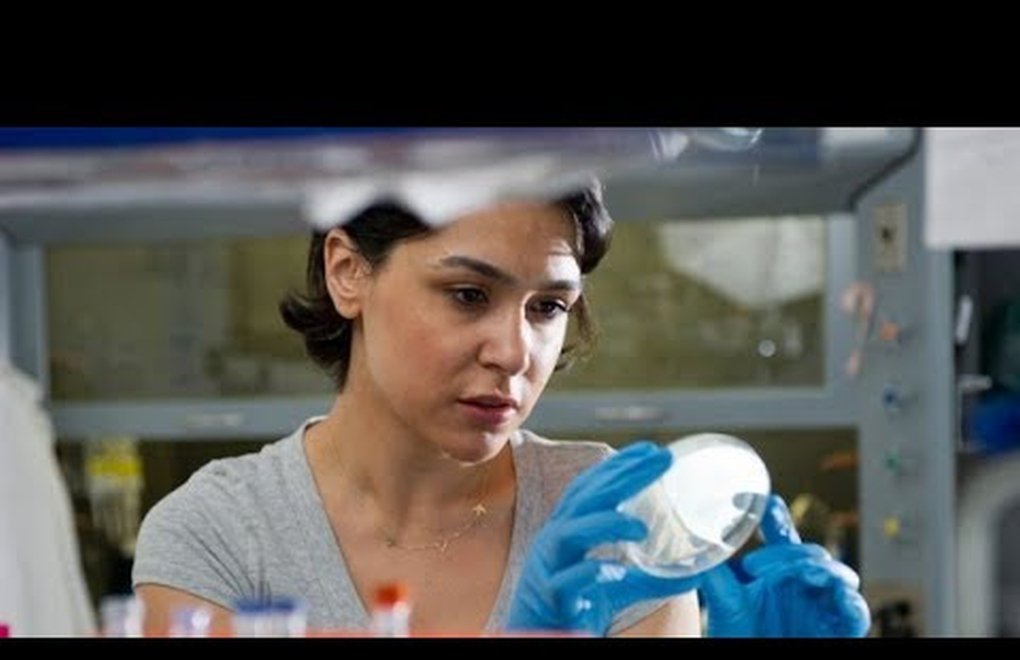Click to read the article in Turkish
Prof. Betül Kacar will lead an interdisciplinary research team as part of NASA's Astrobiology Program, the agency announced Monday (November 9).
"Looking forward to leading this exciting project over the next five years and support NASA's astrobiology goals and future missions!" Kacar said on Twitter.
"In order to find life in space, we must first understand life and its history on our planet," said Kacar.
"In the next 20 years, we will talk about which data will give us clues about the existence/non-existence of life. But there are very few biology studies that will guide astronomers. I ran after this deficiency. So this is the story of chasing things that bother me. The desire to be ready for the future," she said, adding that her dreams become true with this project.
"We are excited about these additions to the astrobiology research portfolio," said Lori Glaze, Director of NASA's Planetary Science Division. "The astrobiology community continues to grow and is increasing their contributions to planning and implementation of NASA's Science Mission Directorate flight missions. These new teams are central to ensuring astrobiology goals are cohesively integrated into those future missions."
NASA says the goal of its Astrobiology Program is the study of the origins, evolution, and distribution of life in the Universe. "The Program is central to NASA's continued exploration of our solar system and beyond, and supports research into the origin and early evolution of life, the potential of life to adapt to different environments, and the implications for life elsewhere."
It's official! Thrilled to announce that our @MUSE_ICAR exploring the natural selection of elements is selected by @NASA! Looking forward to leading this exciting project over the next 5 years, and support NASA's astrobiology goals and future missions! https://t.co/UTHJBOg9MS
— Betul Kacar (@betulland) November 9, 2020
About Betül Kacar
Studying at the Department of Chemistry in Marmara University in İstanbul, Betül Kacar then applied to Howard Hughes Medical Institute. She completed her PhD in Chemistry there.
In 2012, she was awarded a NASA Astrobiology Postdoctoral Fellowship in 2012 to bring abstractly reconstructed ancestral DNA sequences into the lab for physical, chemical and biological characterization by expressing inferred DNA sequences in modern organisms. Between 2014 and 2017 she led an independent research group at Harvard University as a Research Associate at the Organismic and Evolutionary Biology Department. In 2018, she joined University of Arizona as an Assistant Professor.
(EMK/VK)





